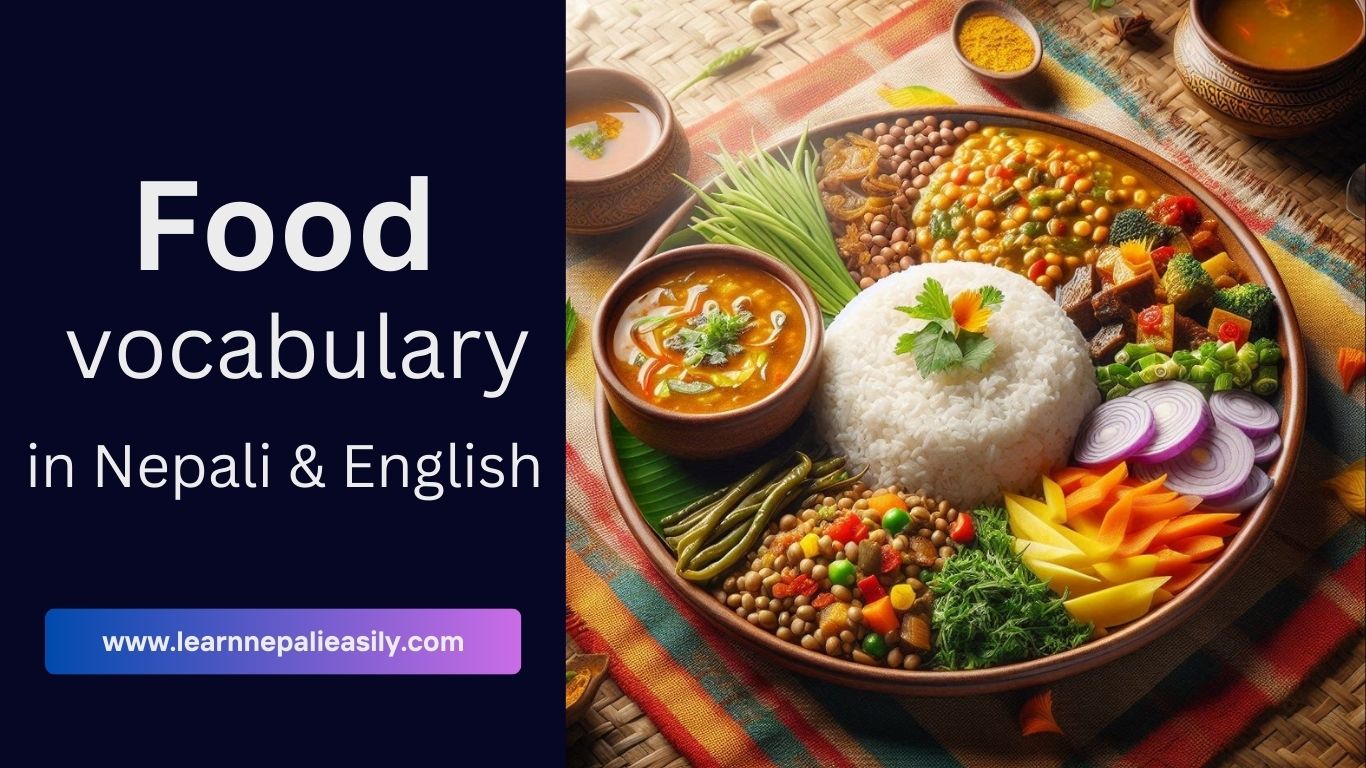Talking about toilet in Nepali
If you’re a tourist visiting Nepal or someone learning the Nepali language, knowing how to talk about toilets in Nepali is both practical and essential. Whether you’re hiking in the Himalayas, staying in a homestay, or eating in a local restaurant, knowing how to ask “Where is the toilet?” or saying “I need to use … Read more








